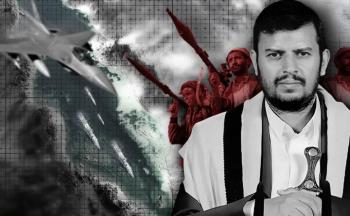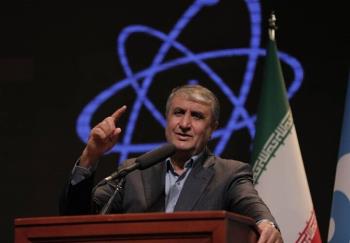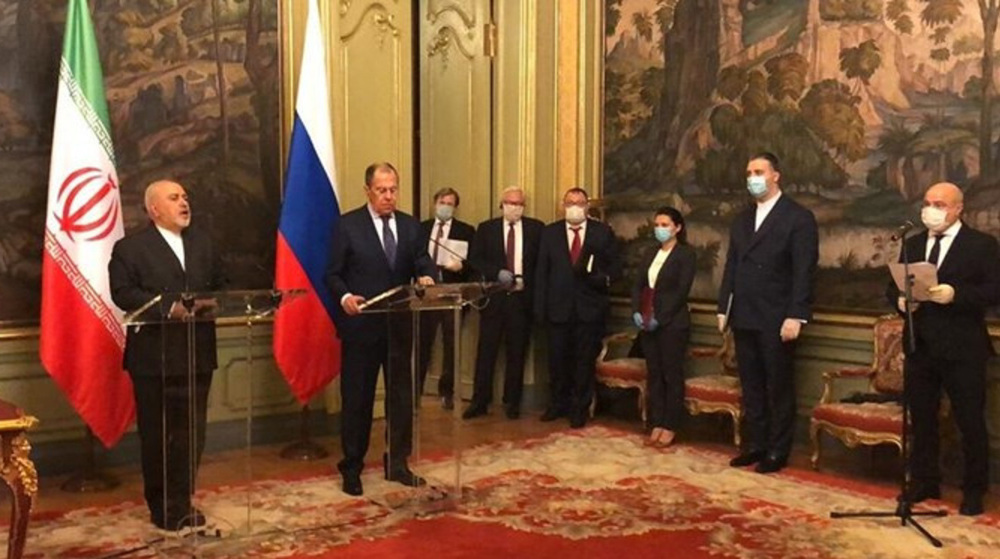Alwaght- Iranian Foreign Minister said on Tuesday the Islamic Republic will take action whenever the US returns to the 2015 nuclear deal and terminates it illegal sanctions on the West Asian Nation, stressing that Tehran takes Washington’s actions, not words, as its yardstick.
“What we have heard from the new United States administration [so far] has mostly been in the form of words and announcement of its positions,” Mohammad Javad Zarif said at a joint press conference with his Russian counterpart Sergei Lavrov during a visit to Moscow.
“However, it is actions that we [choose to] respond to,” he added.
The newly-inaugurated US President Joe Biden has voiced a willingness to return his country to the 2015 nuclear deal between Iran and five other world states — namely France, Britain, Germany, Russia and China.
His predecessor, Donald Trump, ended Washington’s participation in the deal and returned the heavy-handed sanctions that the agreement had lifted.
Trump took the measures unilaterally and in spite of the fact that the accord, officially known as the Joint Comprehensive Plan of Action (JCPOA), has been ratified by the United Nations Security Council in the form of a resolution.
After returning the bans, Trump’s administration also began applying secondary sanctions against the countries that would abide by the UN resolution and retain their trade with the Islamic Republic.
Iran began a set of nuclear countermeasures after the US’s departure from the JCPOA and a decision by America’s European allies to toe Washington’s sanction line.
Zarif said in Moscow that whenever the US lifted the sanctions again and stopped punishing the world’s law-abiding countries that choose to engage in legal trade with Iran, as the UN resolution allows, Tehran would be ready to deliver a befitting response, too.
Earlier this month, Leader of the Islamic Revolution Ayatollah Seyyed Ali Khamenei delivered a televised address, asserting that Iran’s “ultimate and definitive” position on the matter was that the US had to primarily lift its sanctions against the Islamic Republic. Ayatollah Khamenei called the Iranians’ right to lead a sanction-free existence “a right that has been usurped” by Washington.
Zarif said, “In line with the Leader’s statement, return to the JCPOA would be possible if the sanctions were removed,” adding, “The Leader declared that if the US lifted sanctions in an effective manner, we too would reverse all of our [counter]actions.”
A French presidency official claimed Tuesday that the Islamic Republic must first reverse its reciprocal measures vis-à-vis the JCPOA before the United States could rejoin the deal.
“If they are serious about negotiations and want to obtain a new commitment from all participants in the JCPOA, first they must refrain from further provocations and second they must respect what they are no longer respecting,” the official said on condition of anonymity.
Zarif hit back on Twitter, reminding that it was the US that abandoned the deal, and must therefore “remedy its wrong.”
“Why on earth should Iran—a country that stood firm & defeated 4 years of a brutal US economic terrorism imposed in violation of JCPOA & UNSC Resolution—show goodwill gesture first? It was the US that broke the deal—for no reason. It must remedy its wrong; then Iran will respond,” the top diplomat wrote.
Lavrov also said Tuesday that Moscow and Tehran “share the same position” on how to preserve the historic deal. He reiterated that it was up to the United States to take the first steps by removing the sanctions if the Biden administration was sincere in its assertion that it wants to go back to the nuclear deal.
“This in turn will provide the preconditions for the implementation of all requirements of the nuclear deal by the Islamic Republic of Iran,” he told reporters.
The most recent bout of Iran’s countermeasures came after the Iranian Parliament passed a law, ordering the administration to resume uranium enrichment at 20-percent purity level.
As per the law, Iran will also stop abiding by the Additional Protocol of the Nuclear Non-Proliferation Treaty (NPT), which enables more intrusive inspections of the country’s nuclear facilities, as of February 21.
According to Zarif, a potential sanctions relief would, however, not only be followed by Iran’s continued implementation of the Additional Protocol, but also entail reversal of all of the country’s retaliatory nuclear steps.
Lavrov, meanwhile, called “salvation” of the JPCOA “one of the most acute topics on the agenda” of his talks with Zarif, Russia’s Sputnik news agency reported.
“Both we and Iran are deeply interested in the full return of signatory states to fulfilling their obligations under the accord,” the Russian diplomat added in reference to the need for the US and its Western allies to resume their contractual commitments.
Zarif, in turn, expressed gratitude for Moscow’s “constructive and unwavering position” on the issue of the JCPOA.



























